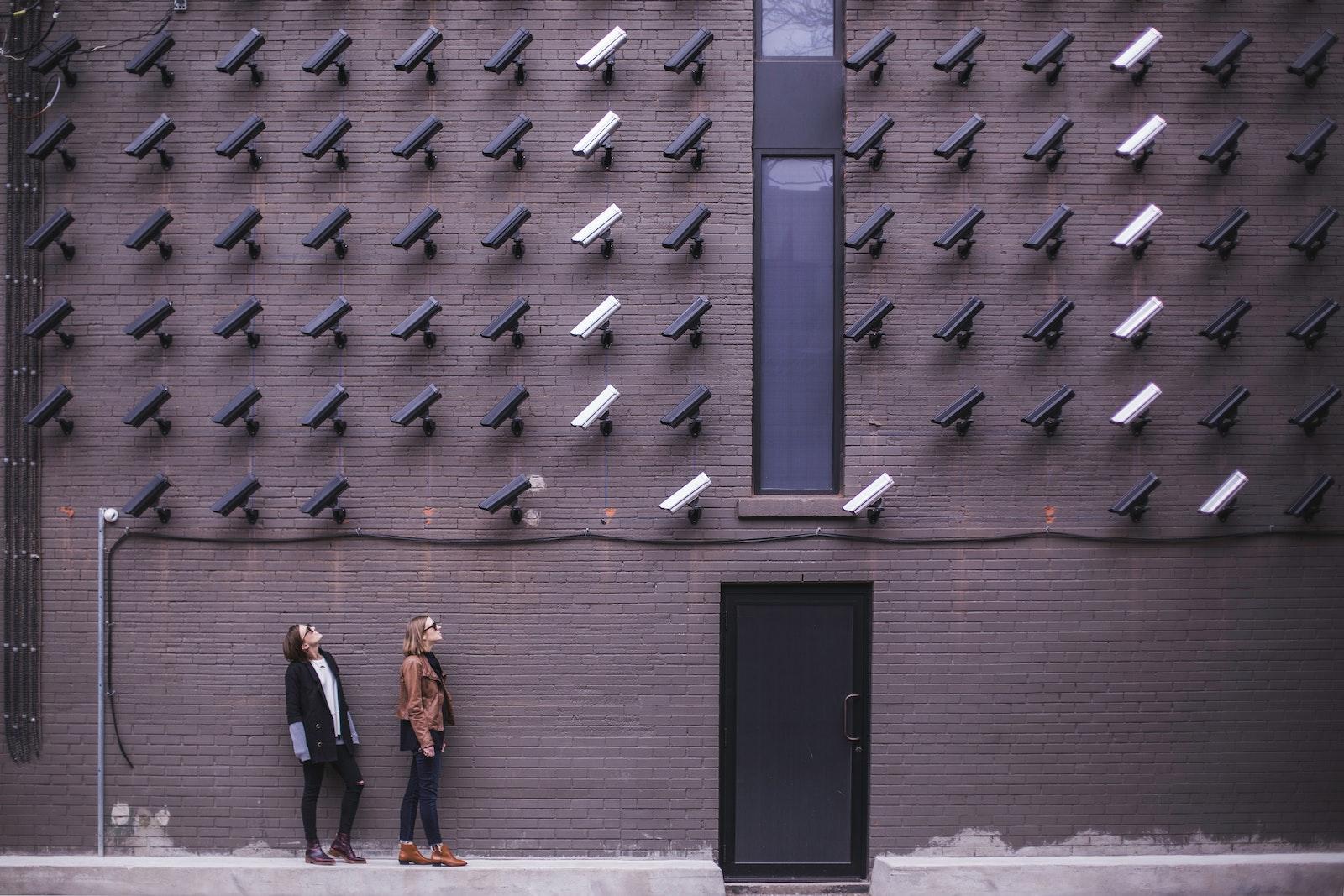Your private information is a lot more public than you think
A few decades ago, privacy wasn’t something you had to worry about unless all the curtains were open on your house. Now, because of the integration of technology into so many facets of our lives, things we used to deem personal and private can be found in a few seconds by searching online.
If you were to type your first and last name into a web browser, there’s a good chance you’d find a few websites with properties, phone numbers, emails, and even a list of possible associates/relatives connected to you. Any data collection sites that you do see, such as TruePeopleSeach or BeenVerified, are just the tip of the iceberg for information that’s been collected.
Every online account you’ve ever created and every privacy policy you’ve ever accepted allows websites to collect, store, and even sell data that they’ve gathered about you. Additionally, the increasing value of data and the use of advanced analytics tools have made it easier for companies and government agencies to collect and analyze personal data on an enormous scale.
What’s so bad about having your personal information collected?
While one could argue that the ethical concerns about corporate and government data collection are enough to worry about, the immediate issue is the identity theft and fraud that stems from said collections.
Criminal organizations take advantage of massive data storages by pursuing any kind of weaknesses that a database may have. This results in data breaches, which can leak anything from a few hundred emails to millions of account passwords. To learn more about what data breaches are, how to protect yourself from them, and what to do if you believe your information was exposed from one, click here.
By playing devil’s advocate, you could say that the collection of our personal data—while sounding horrible—is a necessary evil (to some degree). However, the ability of corporations and government agencies alike to protect this data shouldn’t be something we have to worry about. Unfortunately, data breaches happen a lot more often than we’d like, and this is where the real risk of having our data being collected lies.
According to a report from the Identity Theft Resource Center (ITRC), there were 1,473 data breaches in the United States in 2020—It’s likely this is also a rough understatement, as it’s impossible to tell just how many cases go undocumented or even undetected.
No organization is truly safe from criminal attacks, and size means nothing when it comes to keeping information secure—Capital One being one great example. Over 100 million individuals had their names, addresses, credit scores, and social security numbers leaked back in 2020. It wasn’t even until 2021 that Capital One was aware and the public was informed of the breach.
Keep in mind that each data breaches can release anywhere where from a few hundred personal records, to over a few hundred million. Once information is breached, criminals will secure it in databases of their own, where they will either use it themselves or sell it to the highest bidder.
Although data breaches are a significant source of leaked data and have contributed to many high-profile incidents over the years, there are plenty of other ways that criminals can collecting data without having to infiltrate an organization.
- Phishing scams
- Malware
- Public Wi-Fi networks
- Unsecured websites
- Theft
But given the growing volume of personal information that is being stored and shared online, it’s more important than ever for individuals to be aware of the risks and to take the proper steps to protect their privacy.
So yes, while online privacy does exist, not having any is more than just an intrusion into your personal life. A person’s finances, devices, and overall well-being can be affected by a lack of digital security.
By being overly cautious about information that is shared online, enabling privacy settings on websites and apps, and using privacy-focused tools and services, you can work to increase your privacy and your safety in the age of technology.

